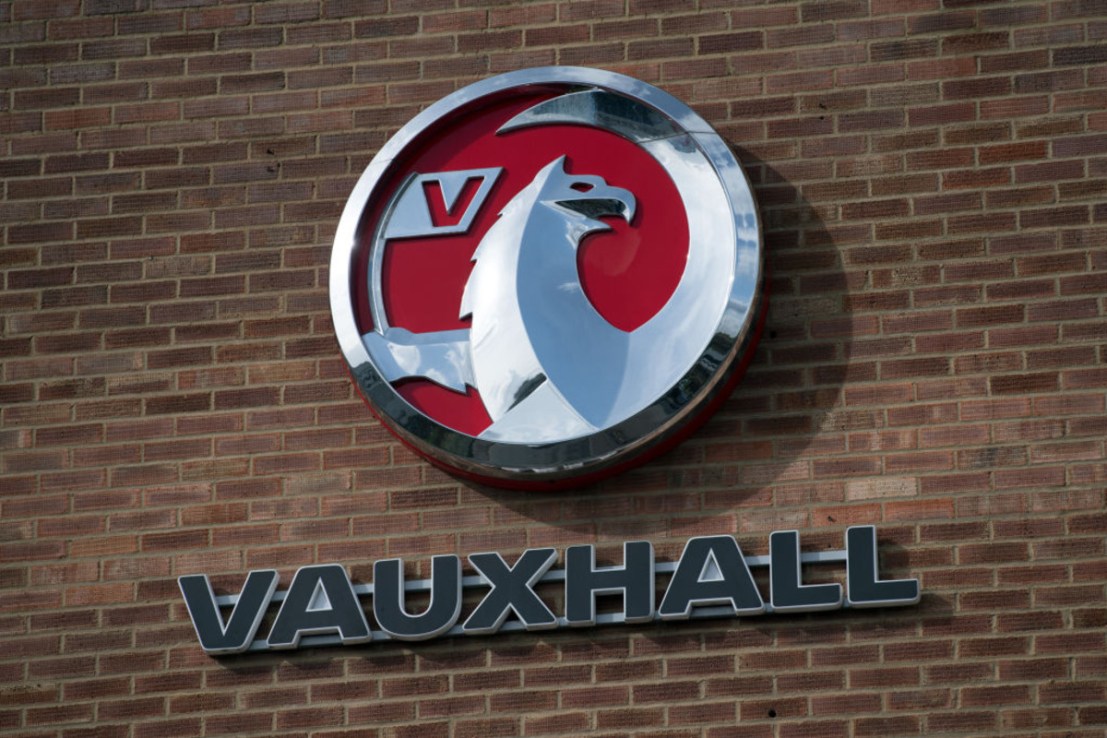Vauxhall sheds hundreds of jobs as sales accelerate by over £300m
Vauxhall shed hundreds of jobs in 2023 as its sales accelerated by more than £300m, it has been revealed. The Stellantis-owned brand has reported a turnover of £2.63bn for its latest financial year, up from the £2.29bn it achieved in 2022. Newly-filed accounts with Companies House also show that its pre-tax profit also increased from [...]


Vauxhall shed hundreds of jobs in 2023 as its sales accelerated by more than £300m, it has been revealed.
The Stellantis-owned brand has reported a turnover of £2.63bn for its latest financial year, up from the £2.29bn it achieved in 2022.
Newly-filed accounts with Companies House also show that its pre-tax profit also increased from £67.3m to £84.3m over the same period.
The rise in Vauxhall’s sales and profit comes as the average number of people employed by the firm in 2023 fell from 1,488 to 1,283.
Vauxhall is headquartered in Coventry and has its main manufacturing base in Ellesmere Port, Cheshire.
The brand stopped making the Astra at the site in April 2022 and started to produce electric vehicles from October 2023.
Vauxhall sells more than 100,000 cars in the UK
Vauxhall sold 100,419 cars in UK in 2023, up from 83,691 in 2022, while its market share edged up by 0.09 per cent to 5.28 per cent.
Its share of the retail car market fell from 4.9 per cent to 4 per cent while its retail volume decreased by 7,815 vehicles compared to 2022.
Its fleet car market share increased from 5.5 per cent to 6.3 per cent with its volume rising by 23,541 units.
Vauxhall’s total light commercial vehicle market share grew from 9.45 per cent to 9.93 per cent and its sales volume increased by 6,897 vehicles.
The latest results for Vauxhall come after Stellantis, which also owns the likes of Peugeot, said it could stop production at its Ellesmere Port and Luton plants should “stupid” regulatory conditions change.
Maria Grazia Devino, UK managing director, warned in June 2024 that the carmaker would make a decision in “less than a year” due to government sales quotas and a lack of incentives relating to VAT on vehicles and electricity.
Stellantis also warned last year that its British car plants would close, creating thousands of job losses without a swift renegotiation of the Brexit deal, which would bring in tariffs on the EV trade between Europe and the UK.
Stellantis announced in February it planned to start manufacturing electric vans in Luton from 2025, safeguarding around 1,500 jobs.



